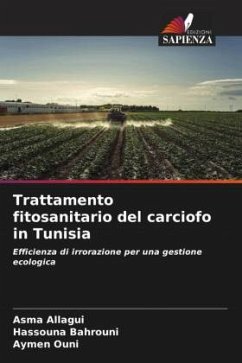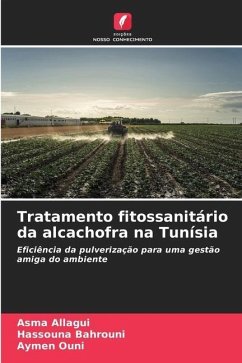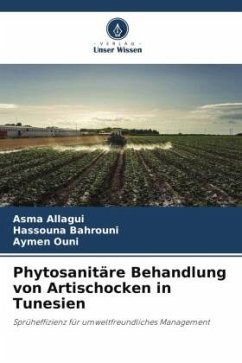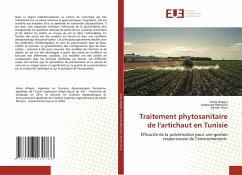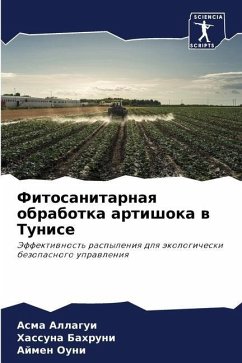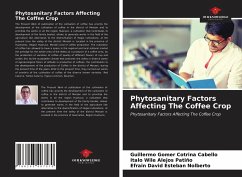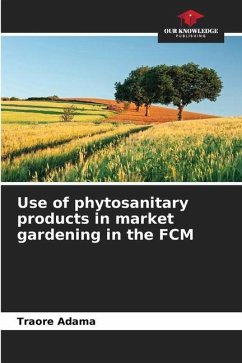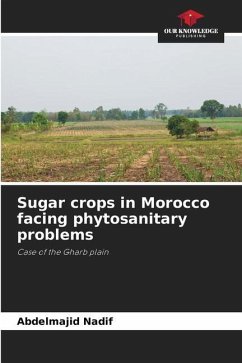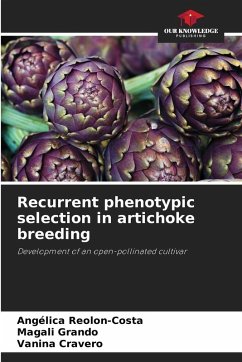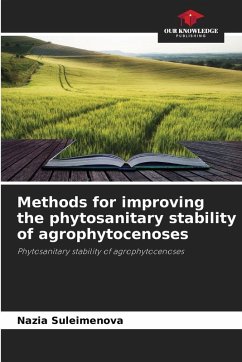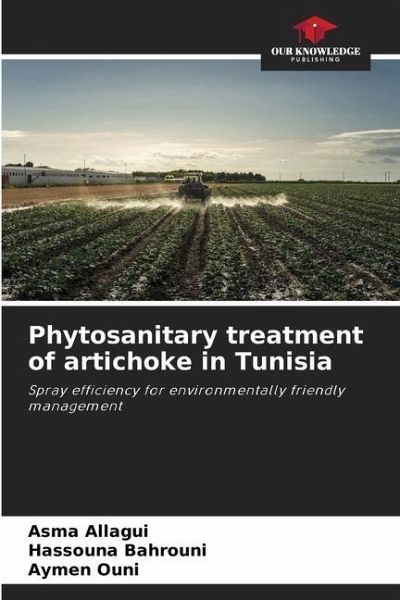
Phytosanitary treatment of artichoke in Tunisia
Spray efficiency for environmentally friendly management
Versandkostenfrei!
Versandfertig in 6-10 Tagen
40,99 €
inkl. MwSt.

PAYBACK Punkte
20 °P sammeln!
In the Mediterranean region, the cultivation of the artichoke is very important for its nutritional and gastronomic value. However, it is sensitive to diseases, hence its demand for phytosanitary treatment. It is therefore very important to evaluate the effectiveness of spraying in order to increase the quantities of pesticide retained on the artichoke plant and to reduce losses to the soil and to the atmosphere. In Tunisia, trials were conducted in the field and in an aerodynamic spray wind tunnel. The main parameters studied were the climatological conditions and those of the sprayer type of...
In the Mediterranean region, the cultivation of the artichoke is very important for its nutritional and gastronomic value. However, it is sensitive to diseases, hence its demand for phytosanitary treatment. It is therefore very important to evaluate the effectiveness of spraying in order to increase the quantities of pesticide retained on the artichoke plant and to reduce losses to the soil and to the atmosphere. In Tunisia, trials were conducted in the field and in an aerodynamic spray wind tunnel. The main parameters studied were the climatological conditions and those of the sprayer type of nozzle, size and pressure. The particle size of the nozzle type - size - pressure configurations was also measured. Retention and ground deposition models were developed from the wind tunnel tests as a function of the different variables. These models were validated in comparison with the data collected in the field. The different tests showed that the sprayer parameters and the wind speed have a direct and significant impact on the quality of the spray on the artichoke crop and on the pollution of the ecosystem.



